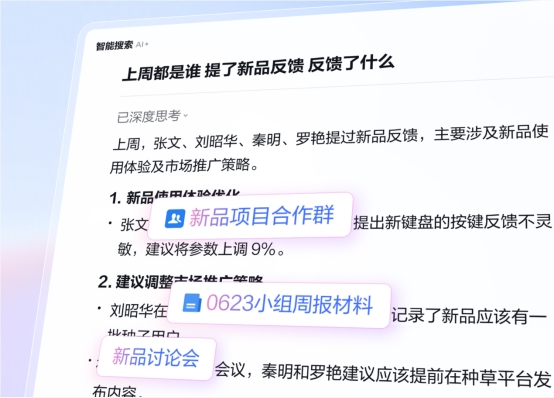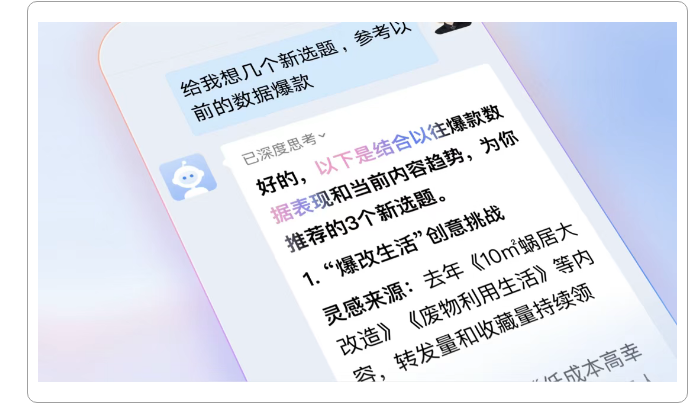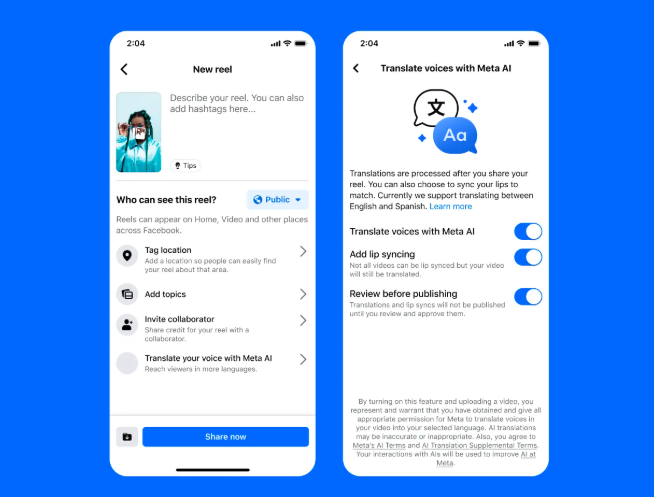OpenAI CEO Sam Altman recently revealed in an interview in San Francisco that the next generation of artificial intelligence model, GPT-6, is entering a tight development phase, with the release cycle significantly shortened compared to the period between GPT-4 and GPT-5. This major news has attracted widespread attention in the technology community, with the industry showing great anticipation for the next generation of AI technological breakthroughs.
The most remarkable upgrade direction of GPT-6 is the comprehensive enhancement of personalized experiences. Altman clearly stated that the new model will go beyond traditional question-and-answer modes, shifting toward intelligent services that deeply adapt to user needs. Users will be able to create customized chatbots fully aligned with their personal preferences, marking a significant leap in AI interaction experiences.
The "memory" function has become the technical core of GPT-6's personalized service. Altman elaborated on this feature: the system will completely record users' usage preferences, behavioral habits, and even personal quirks, providing tailored service experiences through continuous learning. This memory capability will allow AI to truly "understand" users, rather than simply mechanically responding to commands.
OpenAI has demonstrated forward-thinking in cross-disciplinary collaboration during its technological research and development. The company is currently closely collaborating with psychology expert teams to deeply study the mechanisms of how AI interactions affect users' emotional states and long-term mental health. Although Altman has not yet released specific research data, he hinted that related achievements will be shared with the public at an appropriate time.
In response to the new changes in the regulatory environment, Altman confirmed that future versions of ChatGPT will strictly follow the latest AI executive order issued by the Trump administration, ensuring the system remains ideologically neutral to meet the diverse needs of users from different backgrounds.
Regarding the market feedback that the reception of GPT-5 was relatively lukewarm, Altman openly admitted that the release strategy had some shortcomings. He revealed that OpenAI has conducted a "silent upgrade" on GPT-5, mainly adjusting the system's language expression style to make it more gentle and friendly, improving the user interaction experience.
The memory function, as a core feature that OpenAI has focused on launching this year, still faces technical challenges in practical applications. Altman specifically mentioned the issue of privacy protection, acknowledging that current temporary memory data lacks encryption protection, a security risk that needs to be thoroughly addressed in future versions.
Looking further into the technological development prospects, Altman has shown strong interest in brain-computer interface technology. He envisions a future where users may control ChatGPT directly through their thoughts, achieving true "mind interaction." At the same time, he is also closely monitoring the development potential of fields such as energy technology, new materials science, and robotics engineering, believing that these technological directions are worth deep research and investment.
Currently, ChatGPT remains the strategic focus of OpenAI. Altman is working to enhance the practical value of the product in daily life scenarios, especially in high-frequency application areas such as office work and family childcare. Although he acknowledges that the current model is approaching performance limits in certain technical indicators, the team continues to push the boundaries of technology, striving to create more practical value and enjoyment for users.
This interview reveals OpenAI's ambitious aspirations in the field of AI personalized services. The launch of GPT-6 may redefine the standards and experiences of human-computer interaction. With the maturity of technologies such as memory functions, emotional understanding, and personalized customization, the next generation of AI assistants may truly become a personalized smart partner for each user.









